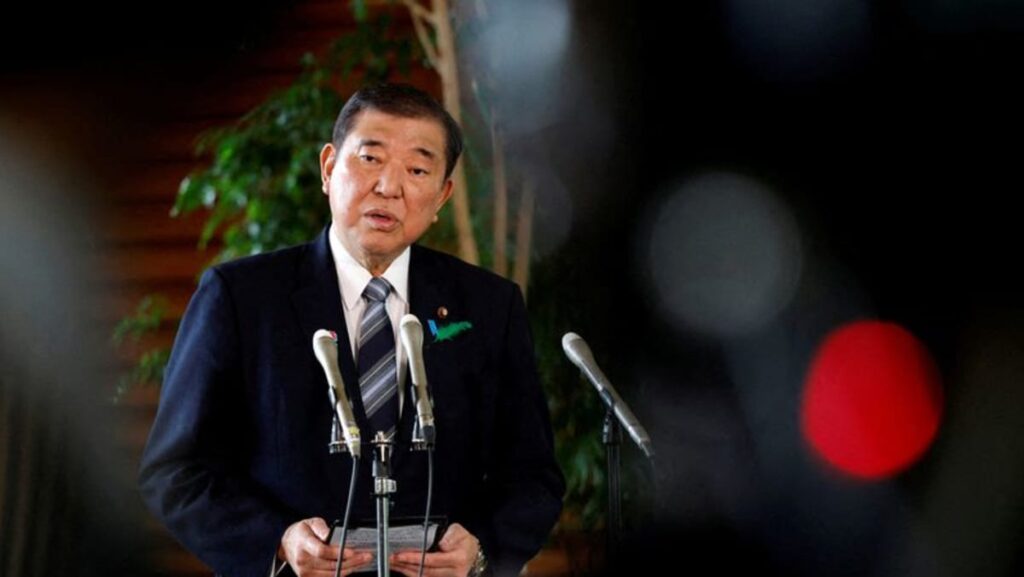TOKYO: Japanese Prime Minister Shigeru Ishiba departed on Sunday (Apr 27) for a four-day visit to Vietnam and the Philippines. This trip aims to strengthen regional relations following the recent tariffs imposed by US President Donald Trump.
Ishiba’s visit follows a Southeast Asia tour by Chinese President Xi Jinping, with China positioning itself as a reliable alternative to the US amid the ongoing tariff disputes.
Before his trip, Ishiba referred to Vietnam, the Philippines, and Southeast Asia as a “growth hub” contributing significantly to the global economy.
However, he cautioned that these countries are likely to face “serious effects” from Trump’s extensive tariffs, noting that Japanese firms in the region could also be impacted.
“We want to carefully heed the views and worries of Japanese businesses in the area and incorporate that feedback into our approach regarding tariff policies,” he stated.
Despite being a major investor in the US, Japan has been affected by hefty tariffs imposed by Trump on imports of cars, steel, and aluminum.
The country is subjected to a general 10 percent tariff, but Trump has suspended a higher “reciprocal” duty of 24 percent.
He has also delayed “reciprocal” tariffs of 46 percent on Vietnam and 49 percent on Cambodia, where many Japanese companies have increasingly moved their production in recent years to mitigate the impacts from previous US-China trade conflicts.
Ishiba is anticipated to discuss China’s growing assertiveness in the East and South China Seas.
Chinese and Japanese patrol boats have frequently faced off in the East China Sea over contested islands.
Additionally, both Vietnam and the Philippines have encountered escalating territorial disputes in the highly sought-after South China Sea involving Chinese ships.
“China is attempting to unilaterally alter the status quo through force, and we aim to enhance our security collaboration” with Hanoi and Manila, Ishiba remarked.


